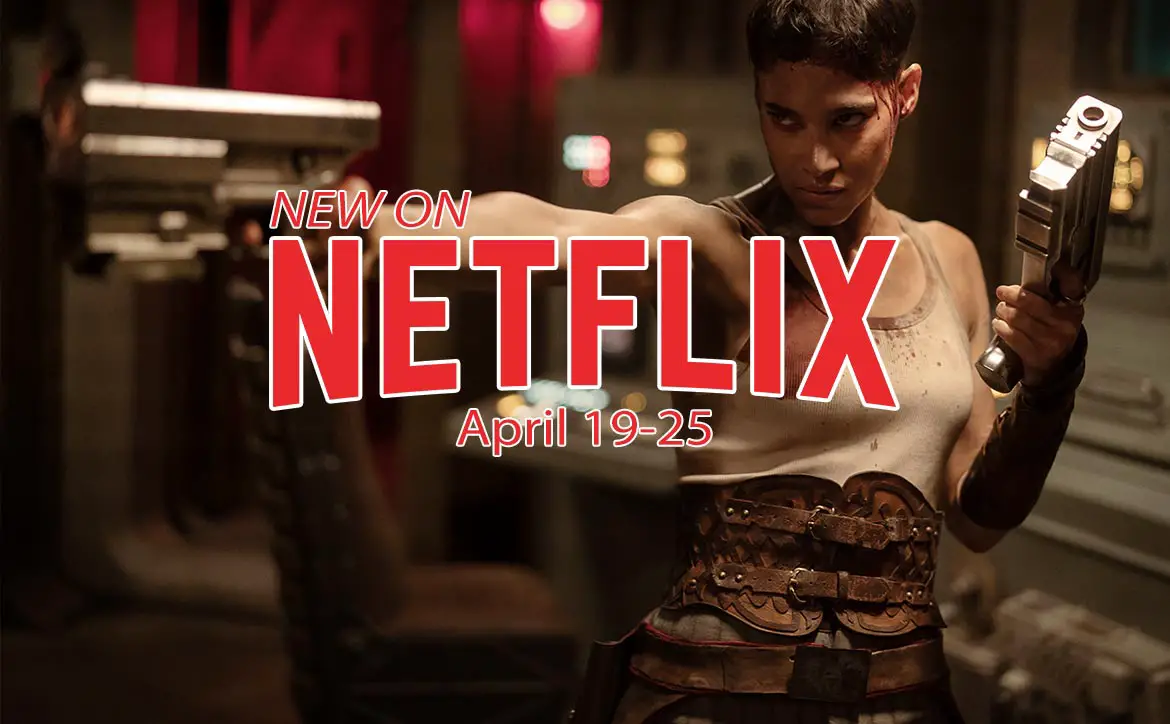Our recent article on Monday about gene editing gained quite a bit of attention and lots of response. There seemed to be several basic categories of responses towards genome editing.
- Real appreciation that this scientific technology could cure or eradicate diseases.
- Concern about abuse of this ability, leading to “designer babies”. Children built to order for their attributes.
- Concern that there would be special groups controlling this, with a view toward their own special interests.
Our thanks to Robin Bisson of the Genetic Expert News Service for sharing with us some thoughts from several scientists in the field, as well as Dr. Paul Root Wolpe (Asa Griggs Candler Professor of Bioethics & Director, Center for Ethics, Emory University) and Lori P. Knowles (Assistant Professor, Adjunct, School of Public Health, University of Alberta).
Dr. Wolpe said this:
“At this point in our understanding of the dynamics of human development, we can send in one or a small number of genes to correct or modify single traits. However, our understanding of the genetics of complex traits like intelligence, or musical ability, or athleticism is still rudimentary, and no one would know how to create a more intelligent child, for example.”
As you may realize from that, this is not only a preventive technology, started before a person is born. There is gene therapy for existing children and adults. So, we’re not talking about just building a person to order, if only for the sake of preventing illnesses. We are at the scientific threshold of gene modification becoming an alternative to medication in some cases.
Lori Knowles put it this way:
“Like any technology, gene editing is neither inherently good nor evil, but how it is used can lead to good or bad ends. Designing babies through genetics would be a bad end, taking us full circle to decades of discussions about eugenics. Eradicating human suffering would be a good end.”
Yes, the scientific community is also concerned about the same things we are. Ms. Knowles continues:
“Concerns about designing humans have been around for almost a century and yet the best way to design your child is still to choose your mate carefully. That is not to say that we cannot alter the future of human genetics – we can, and we will be able to make more changes as our knowledge increases. Knowing that, we need to tread carefully, slowly and keep our values out front to guide us.”
One more thought from Professor Knowles:
“When a technology makes it easier, cheaper and faster for more people to do something, that is when discussions about how it should be used become urgent. Does CRISPR make it easier, faster and cheaper to create genetic modifications in living cells? Yes it does. The time for discussion is now.”
That’s certainly an interesting insight, and Dr. Wolpe echoes that thought:
“That is why we must begin now to anticipate that future, to develop the ethical groundwork for making those difficult decisions. Science will not wait around for ethics, the two must walk hand in hand into our genetic future.”
We can’t hide in a closet or put on our tinfoil hats and hope this will either go away or correct itself. We either become active, or at least express our concerns to those who can make a difference, or we can sit by and watch it get out of hand. This is science that’s not going away. And it’s at a point where we need to have our say, which brings us to our third point — who controls it?
We’re at a unique time in history. There’s distrust of the military that goes back to the Vietnamese War. We’ve always distrusted business for a seeming “profit over all else” mode of thinking. We fear possible legal enslavement by government control. We have segments of every skin color (no, they’re not different races!) who would rather battle the others, instead of working together. We are afraid of nationalities and religions because of radicals. Government wants to control guns instead of dealing with those with the kind of mental issues that create bombings and mass shootings. There’s a concern that the scientist sees science and experimentation as the goal. Politicians are seen as party robots, unable to seek usable compromise. So, who can we get controlling genome editing?
The answer is all of us and none of us. Unless we learn to work together, some group will take the vanguard and, perhaps, decide that there are traits that need to be weeded out. We need a mindset of “hands across the table”, putting aside disputing among each other. We need to do that now, before we end up with results that none of us like.
Last Updated on November 27, 2018.










